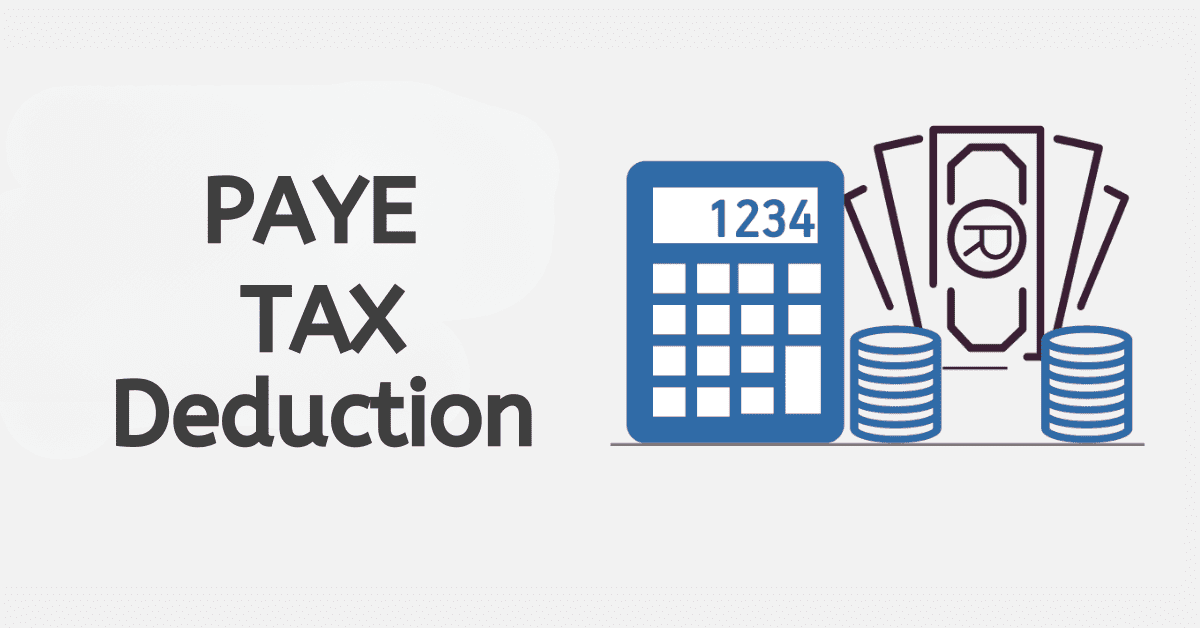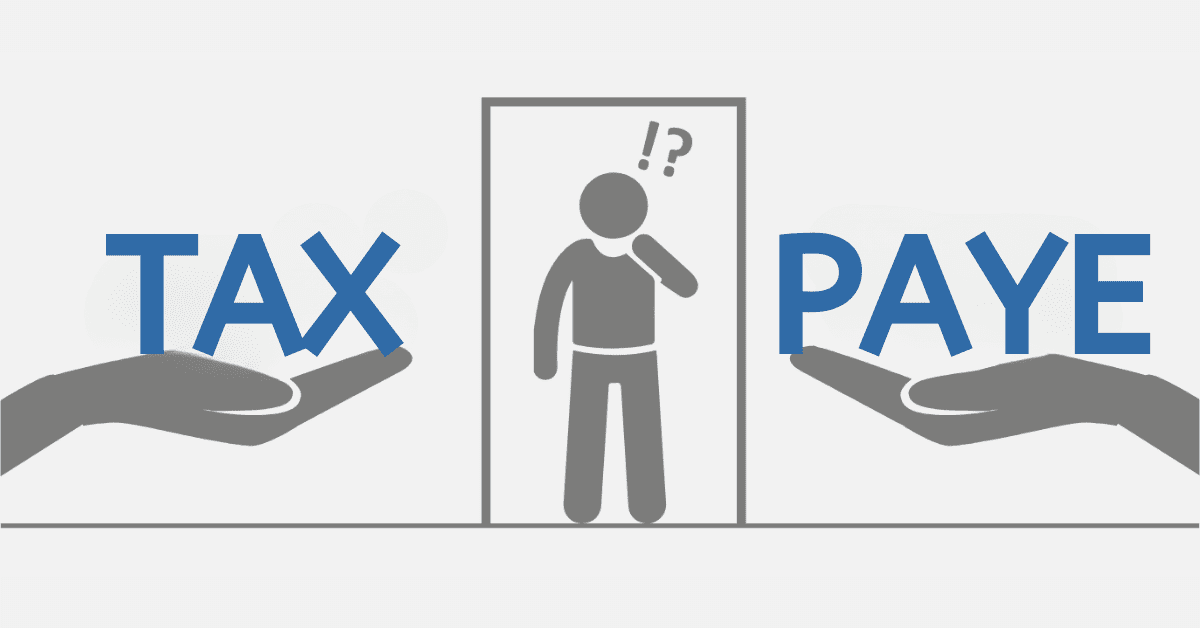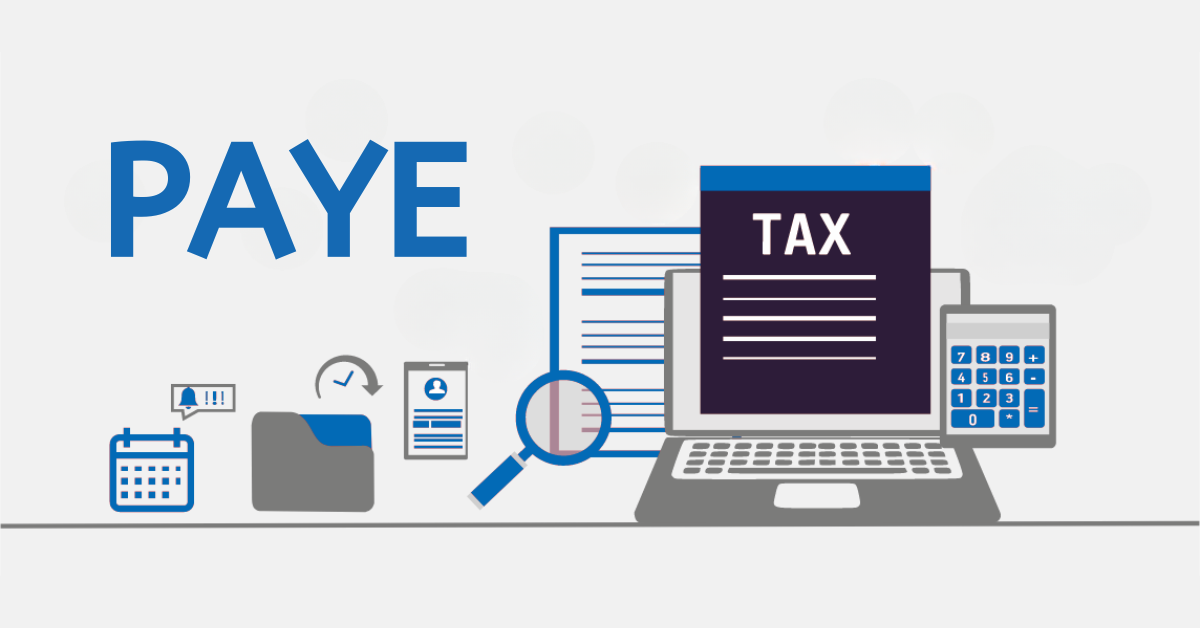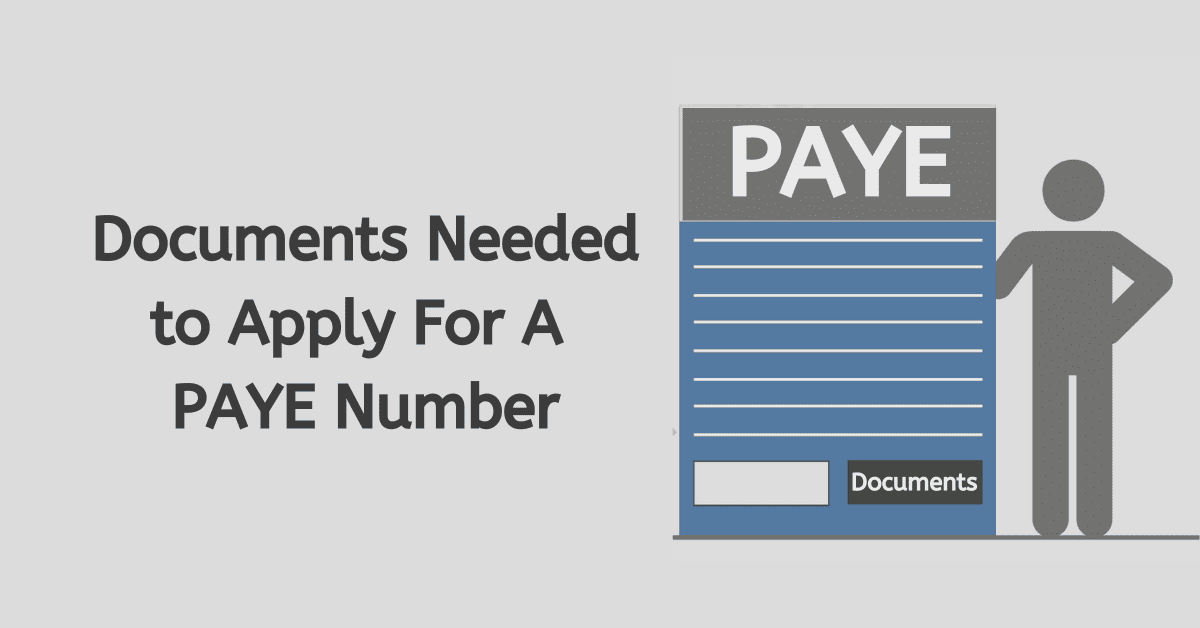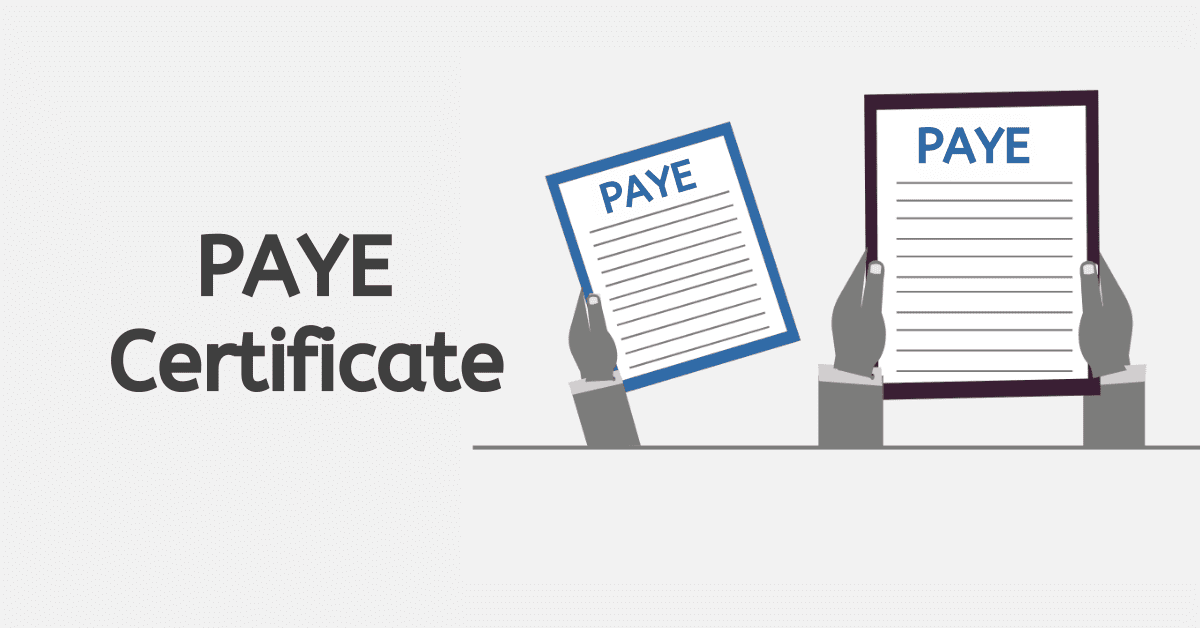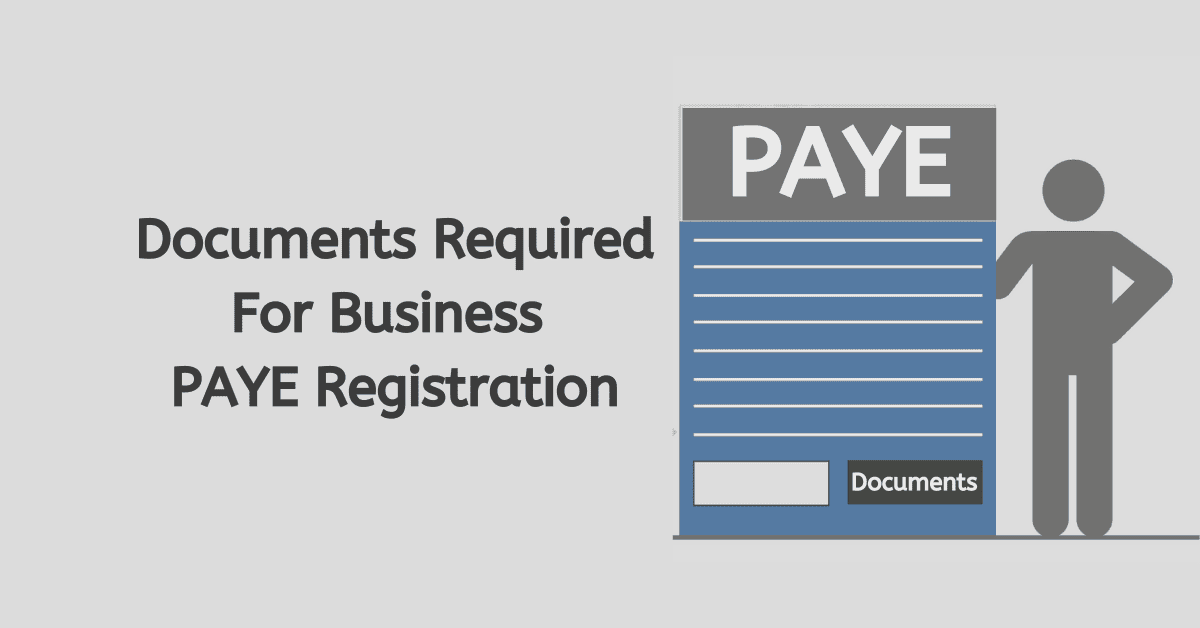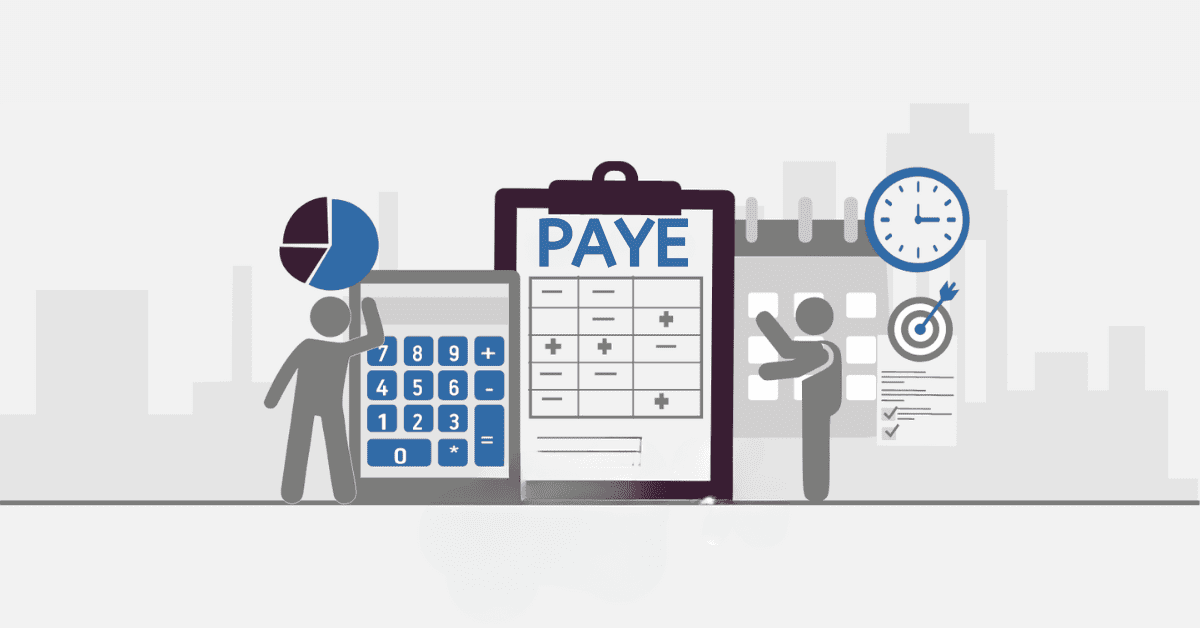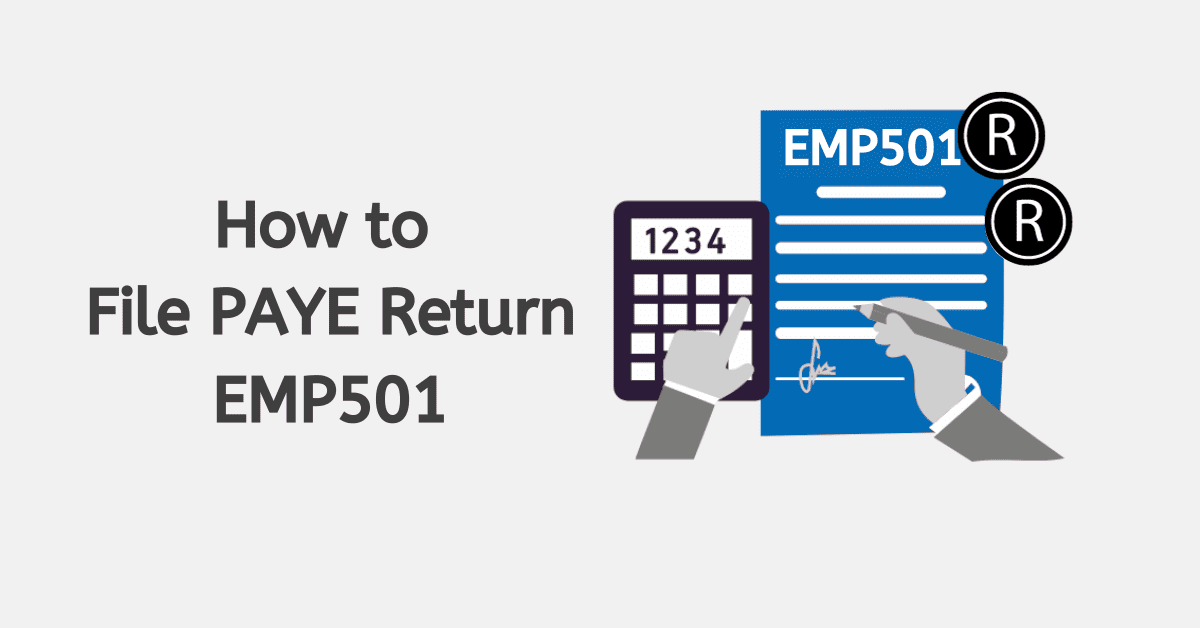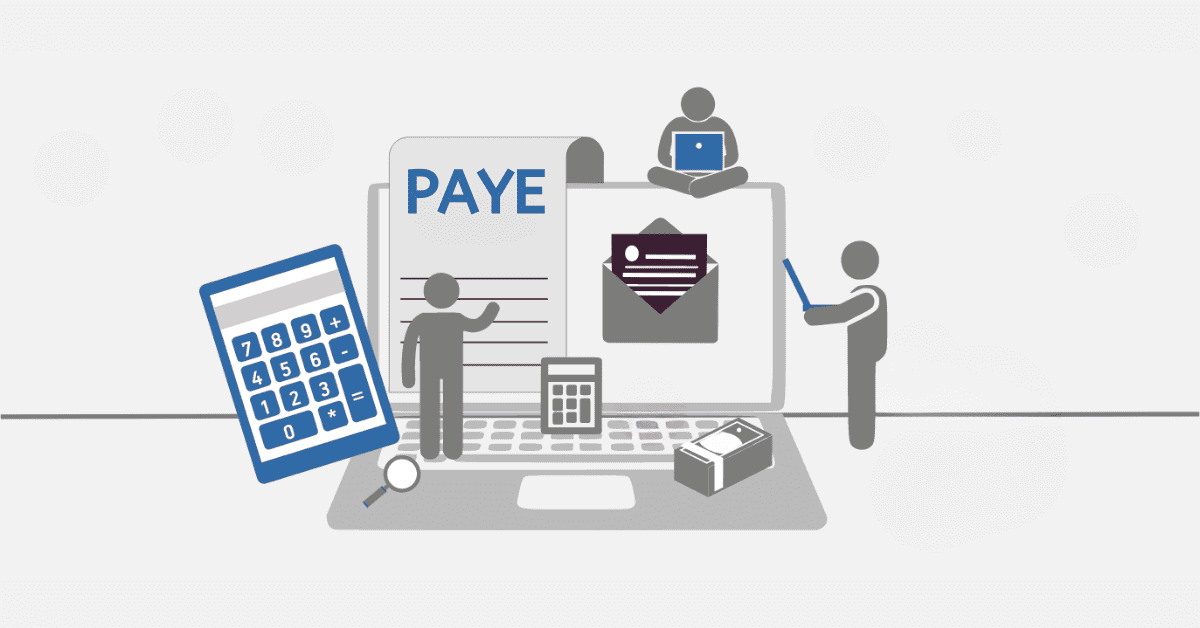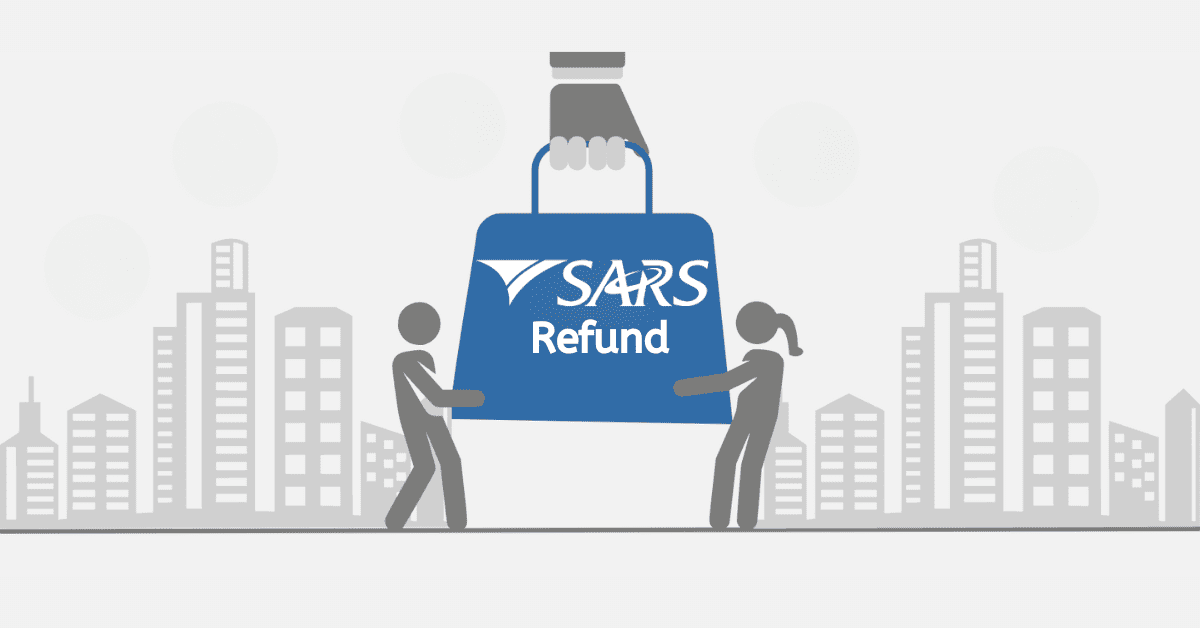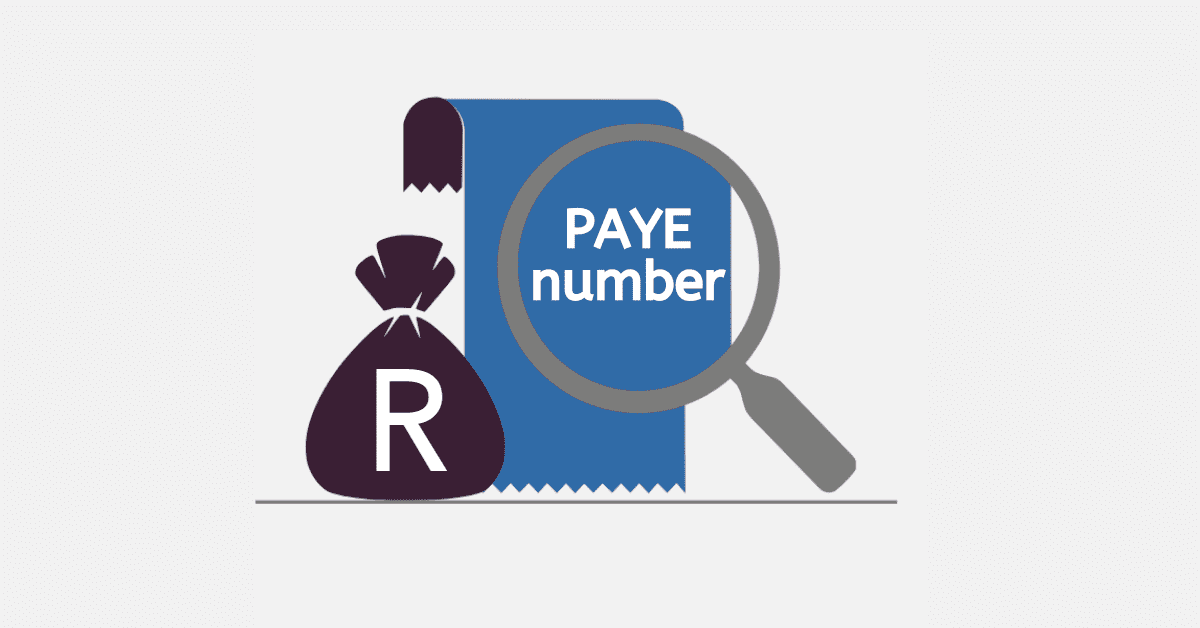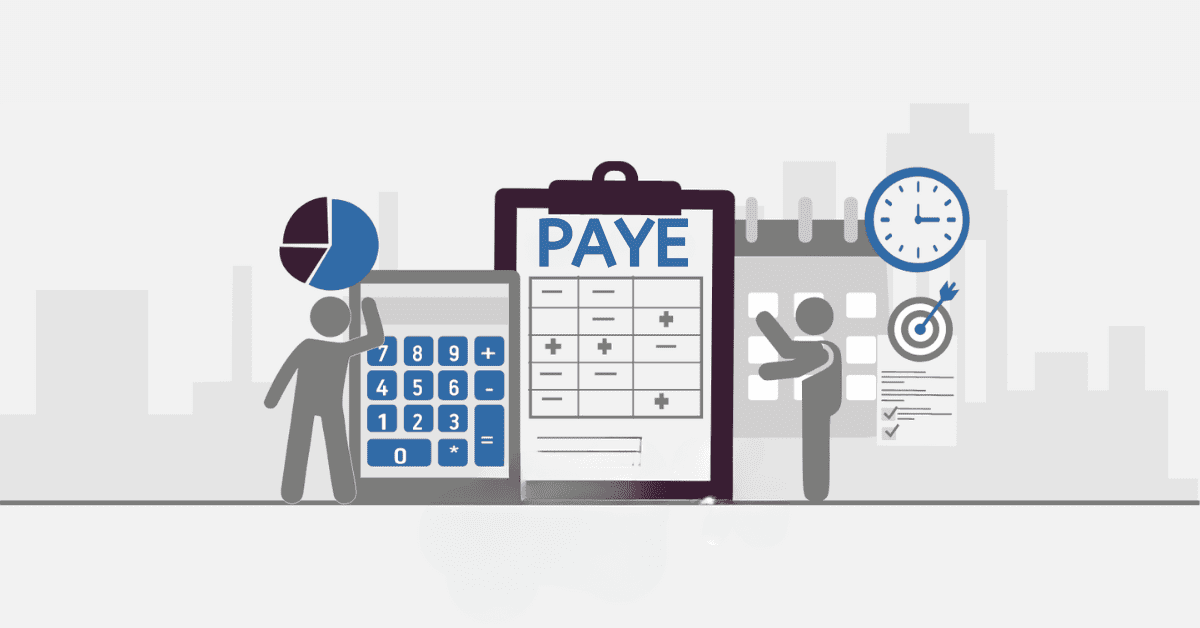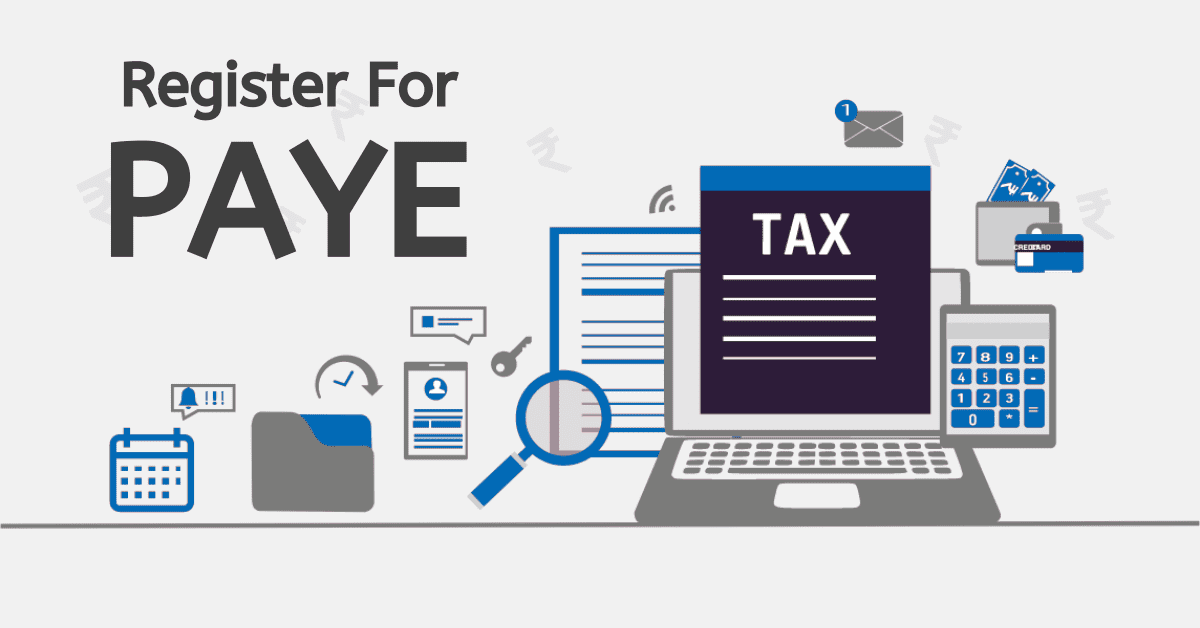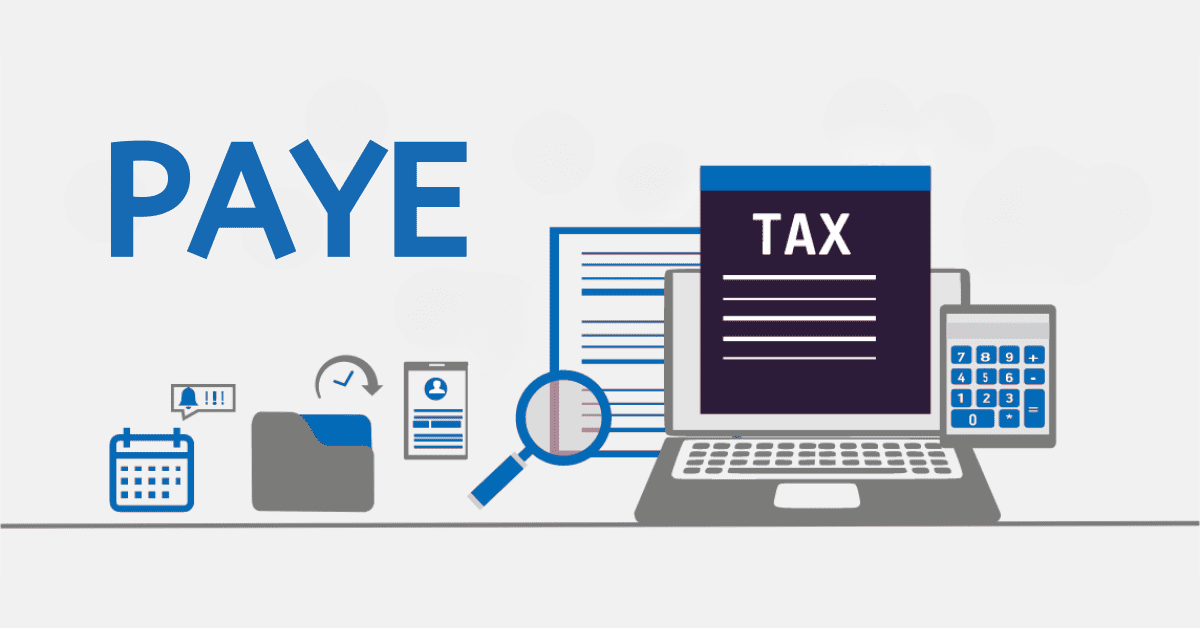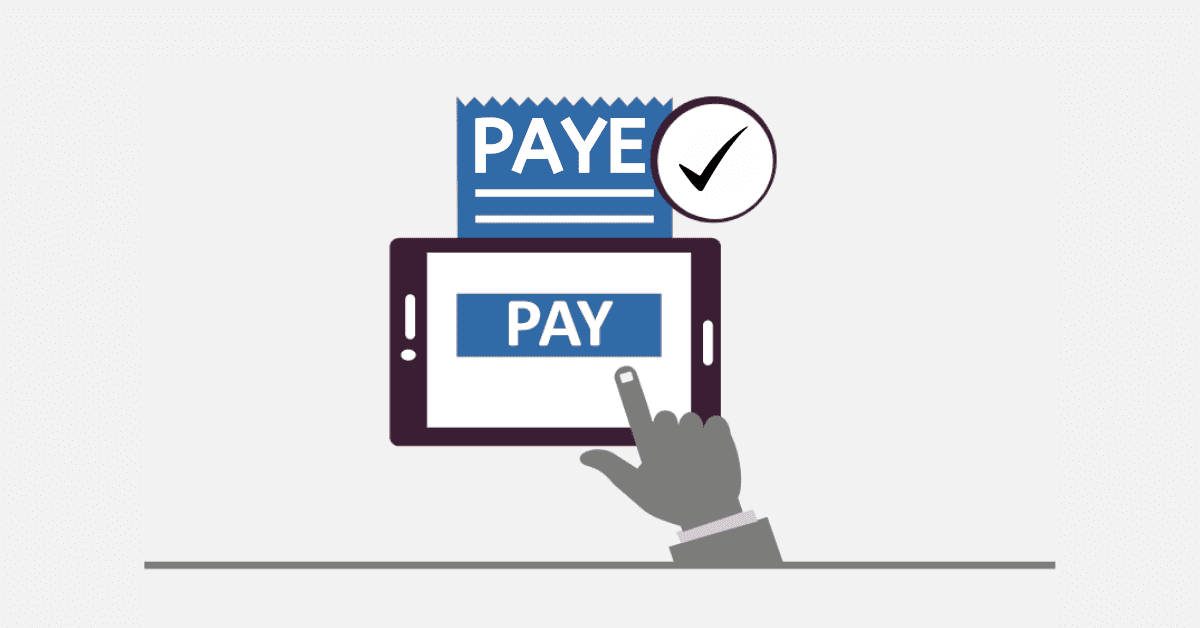Let’s dive into the world of tax obligations in South Africa, shall we? If you’re a business or entity, getting your head around Pay-As-You-Earn (PAYE) deductions is a must. This piece is all about trustees and whether they can have PAYE deducted from them.
Sounds complicated? Don’t worry, we’re here to guide you through the maze of regulations. We’ll shed light on the responsibilities, registration processes, and all things tax-related when it comes to trustees and PAYE in South Africa. Ready to get started?
Can PAYE be deducted from trustees?
In South Africa, whether or not PAYE gets deducted from trustees really comes down to what kind of payment they’re receiving. If what they’re getting is classified as “remuneration”, then yep, PAYE deductions are a go. This fits into the bigger picture where PAYE is usually deducted from employees who are getting remuneration.
But here’s the twist: trustees might have certain situations or setups that could change how their earnings are taxed. So, it’s not always cut and dried. Interesting, right?
Who is responsible for deducting PAYE?
So, who’s in charge of deducting PAYE? Usually, it’s the employer or whoever is making the payment. Now, when it comes to trustees, if the trust is seen as the employer, then it’s the trust’s job to deduct and hand over the PAYE on the trustees’ remuneration.
This way, the tax gets collected right at the source, making the whole tax system run a lot smoother. Pretty neat, huh?
Can a trust be registered for PAYE?
Absolutely! Let’s unravel the world of trusts and Pay-As-You-Earn (PAYE) in South Africa in a more laid-back way. So, if your trust is spreading the love, aka compensation, to its crew (yes, even trustees), it’s time for a little rendezvous with the PAYE system.
Now, don your explorer hat because we’re diving into the registration dance. Here’s the scoop: the trust just has to fill in some forms and shoot them over to SARS. Easy peasy, right? Once that’s done, ta-da! You get a shiny PAYE reference number – your golden ticket.
Why is this number a big deal, you ask? Well, it’s like the trust’s official badge of honor, showing the world it plays by the PAYE rules. This nifty number also gives the trust the green light to work its magic in calculating and throwing in those tax deductions like a pro.
Do trusts pay tax in South Africa?
Here’s a surprise. Trusts aren’t escaping the taxman; they’re part of the tax party.
Now, here’s the lowdown: when a trust earns its keep, that income isn’t just dancing free – it’s got a date with the tax rates. And who’s the trust’s tax wingman? The trustees! They’re the heroes making sure the trust follows the tax rules like a boss.
The tax bill for a trust isn’t one-size-fits-all; it’s like a personalized experience. It depends on things like what kind of income is rolling in and who’s getting a piece of the pie among the beneficiaries.
So, in a nutshell, trusts in South Africa aren’t sipping tax-free cocktails. They’re in the game, declaring income, and making sure they pay their tax dues. It’s like the trust’s way of saying, “Hey tax world, we’re playing by the rules!” Cool, right?
How are trusts taxed in SARS?
Picture trusts as these colorful characters that pay taxes based on the money they bring to the party.
Now, what’s on their income menu? Oh, just a mix of interest, rental income, and capital gains – they’re like the triple threat of earnings. And here’s the cool part: the tax rates for trusts are like a rollercoaster. It’s not a flat fee; it’s this dynamic dance where different chunks of the trust’s income get different tax rates. It’s like a party where every guest has their own dance moves.
Guess who’s the DJ at this tax party? The trustees! They’re the ones spinning the tunes and making sure the trust’s financial story gets told. How? By sending an annual shout-out to SARS with a tax return.
Final Thoughts
In general, navigating this tax journey is like finding your way through a maze, and trustees need a bit of a GPS.
So, first things first – Picture this: trustees facing the big, bad world of PAYE deductions. It’s like a dance, and the trustees need to know if their paycheck is on the PAYE playlist. Who’s responsible for cutting that slice off their earnings? Well, it depends on who’s throwing the party – if it’s the trust itself or another employer.
And hey, just like any entity trying to stay legit in the tax game, trusts need to put on their registration hats for PAYE. If they’re passing out payroll checks to the workforce, trustees included, they’ve got a ticket to the club.
And hold up, there’s an extra scoop! The tax adventure for trusts doesn’t stop there. They’ve got to declare and pay taxes on the money they make. It’s like a financial report card, and trustees are the superheroes making sure everything’s on the up and up according to SARS rules.
